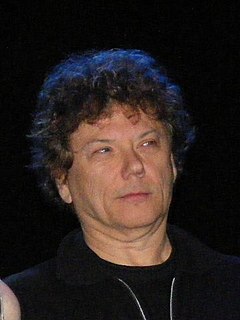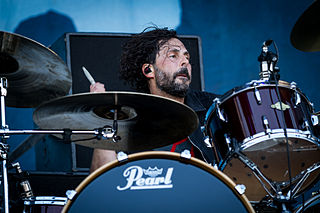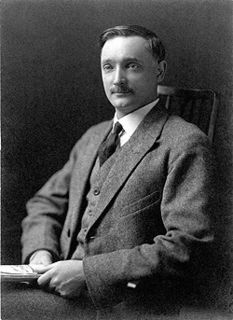A Quote by Stephen Sondheim
I'm always conscious of what I'm writing, conscious of what the actor may ask me. I have a defense for nearly every line in the song.
Related Quotes
A great deal of my battle, as an actor, is to whittle away the things that make me self-conscious and try to trick myself into not being self-conscious. So, it's always a challenge, whether I'm lying in a hospital bed or flying around with a rocket pack on my back, or what have you. On the best of days, it's a challenge for me.
What is difficult to understand is that without conscious effort, nothing is possible. Conscious effort is related to higher nature. My lower nature alone cannot lead me to consciousness. It is blind. But when I wake up and I feel that I belong to a higher world, this is only part of conscious effort. I become truly conscious only when I open to all my possibilities, higher and lower. There is value only in conscious effort.
Every tree, every plant, has a spirit. People may say that the plant has no mind. I tell them that the plant is alive & conscious. A plant may not talk, but there is a spirit in it that is conscious, that sees everything, which is the soul of the plant, its essence, what makes it alive. The channels through which the water & sap move are the veins of the spirit.
I use [Heraclitus' discovery of] enantiodromia for the emergence of the unconscious opposite in the course of time. This characteristic phenomenon practically always occurs when an extreme, onesided tendency dominates conscious life; in time an equally powerful counterposition is built up, which first inhibits the conscious performance and subsequently breaks through the conscious control.
Conscious means "having an awareness of one's inner and outer worlds; mentally perceptive, awake, mindful." So "conscious business" might mean, engaging in an occupation, work, or trade in a mindful, awake fashion. This implies, of course, that many people do not do so. In my experience, that is often the case. So I would definitely be in favor of conscious business; or conscious anything, for that matter.








































